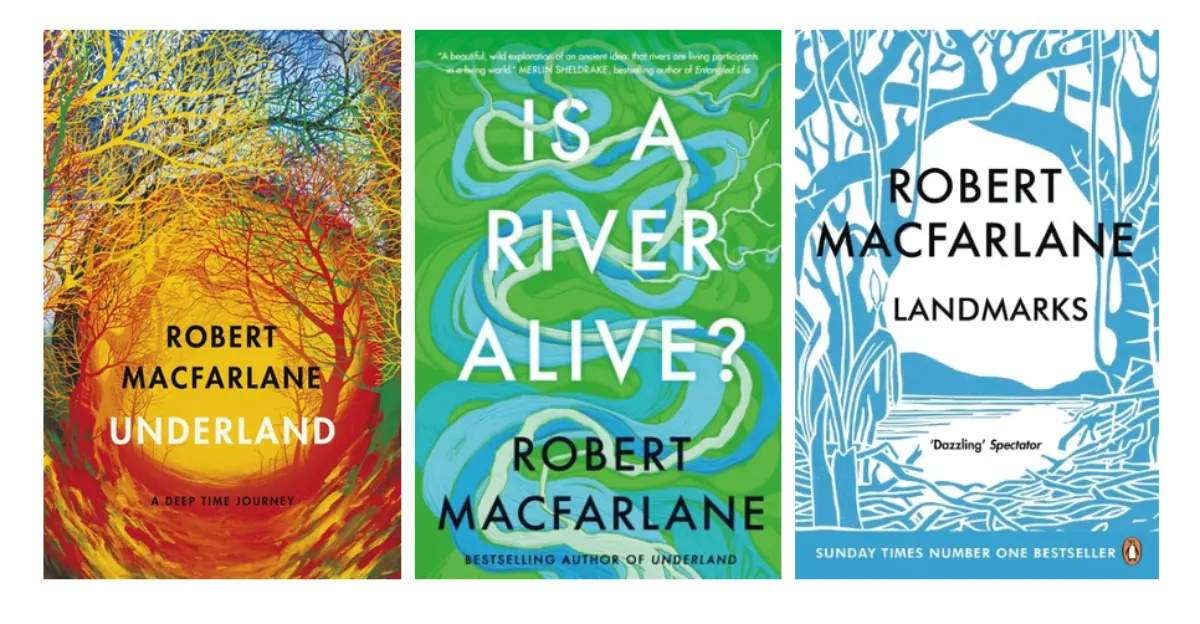Even the most successful writers have experienced the pitfalls of writing. Here are the five biggest mistakes beginner writers make.
1. Letting your inner critic win
How many times have you compared yourself to your favourite author or a colleague and thought, I’m not good enough?
Self-doubt, fear of failure and rejection have crushed many dreams and ideas before they’ve had a chance to breathe and develop.
Silencing the inner critic is crucial to allowing writers room to breathe, to dare, to finish drafts.
Understand where your doubts are coming from, know that ALL writers have them, and move on.
2. Waiting for perfect writing conditions
For many beginner writers, the act of writing can seem like an arduous task, requiring perfect conditions to produce perfect prose.
The perfect conditions for writing don’t exist.
Committing yourself to the craft is like a marriage. Writers must write in good times and in bad. Writers must take risks, for better or for worse.
Waiting for perfect conditions to write will lead you nowhere. It’s as simple as that.
As Octavia E. Butler states:
‘Habit is more dependable. Habit will sustain you whether you’re inspired or not. Habit will help you finish and polish your stories. Inspiration won’t. Habit is persistence in practice.’
3. Procrastinating and avoiding your writing
Some writers are as good at coming up with stories as they are at coming up with excuses not to write them.
To make life more complicated for modern scribes, distractions are everywhere – merely a click or swipe away. A notification pops up on your phone or laptop, you go to check it, and it’s as if you’ve blacked out and lost an hour of your precious writing time.
Taming your urge to procrastinate is a powerful way to improve your writing.
4. Not creating a daily writing ritual
Whatever you’re working on – whether it be an article, blog post, novel, poetry collection or memoir – getting words down on the page every day is vital. One word, or ten pages; it doesn’t matter the output, as long as you write consistently.
It’s so easy to let days slide by without once sitting down to type. A fixed writing routine helps you avoid this.
Many successful writers swear by daily writing.
Take, for instance, Flannery O’Connor’s routine:
‘Every morning between 9 and 12, I go to my room and sit before a piece of paper. Many times, I just sit for three hours with no ideas coming to me. But I know one thing. If an idea does come between 9 and 12, I am there ready for it.’
Create a writing plan that suits your schedule and STICK TO IT.
Study creative writing with one-to-one tutoring by an award-winning writer.
5. Letting rejection letters get to you
An email arrives in your inbox. It’s from the journal you submitted your story to months ago.
You see that it’s another rejection letter, and your heart drops into your stomach.
Nothing hurts quite like receiving a rejection for a story you submitted: a story you spent hours writing, re-writing and editing. It makes you question your worth as a writer and can send you spiralling into an existential crisis.
But rejection is a critical aspect of every writer’s journey.
The literary world is riddled with rejection stories:
Ray Bradbury produced timeless classics, despite having his work rejected over 800 times.
Best-selling author of the Harry Potter series, J. K. Rowling, has sold over 450 million books. Twelve publishers first rejected her manuscript.
One of Stephen King’s first books, Carrie, was rejected by 30 publishers. Eventually accepted by Doubleday, it went on to sell over a million copies.
Famous author Ray Bradbury claimed, ‘You have to know how to accept rejection.’
The bottom line? Don’t let rejection stop you. Accept that ALL WRITERS get rejected sometimes, and move on. Keep writing. Keep submitting. As Winston Churchill said, ‘Never, never, never, never give up.
Reflect on your own writing life, and recognise how these five pitfalls may be impacting you as a writer. Are you paralysed by self-doubt and perfectionism? Are you a serial procrastinator? Do you sabotage your daily writing routine? Or do you let a rejection email stop you in your tracks?
Just remember, these are common pitfalls faced by all writers. The ones who succeed are those who overcame them. Let that be you.
If you want to fast-track your success as a writer, consider taking a writing course.
A writing course can help you overcome procrastination, set up a writing ritual, and provide professional feedback on your writing. Browse through our creative writing courses here.














